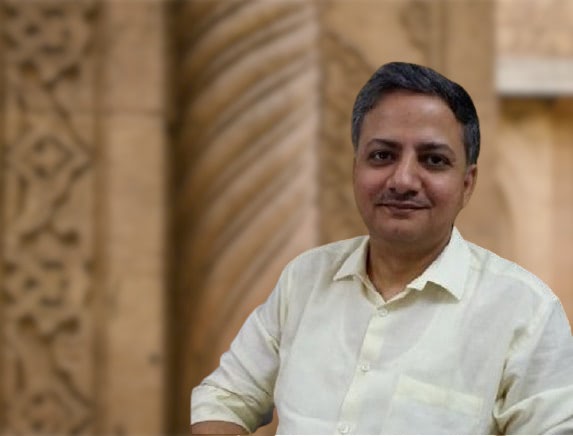Delhi Academicians Deliberates the New Education Policy 2020 (NEP)

Academicians from Delhi colleges deliberated on the New Education Policy 2020 (NEP) which was approved by the Union Cabinet in July 2020, with an aim to introduce several changes in the Indian education system – from the school to college level.
The NEP 2020 is a visionary policy that focuses on broad-based, multi-disciplinary, holistic education with flexible curricula, creative combination of subjects, and integration of vocational education.
The policy hopes to facilitate universalisation of education from pre-school to secondary level with 100% Gross Enrolment Ratio (GER) in school education by 2030 and aims to raise GER in higher education to 50 percent by 2025.
CII organised a webinar on ‘Delhi Deliberates the National Education Policy 2020’ on Friday, September 11, 2020, which brought together multiple stakeholders to have a dialogue and deliberate and understand the implications and implementation process of the NEP 2020 from Delhi’s perspective.
Mr Aditya Berlia, Chairman CII DSO & Co-Promoter, Apeejay Stya, and Svran Group was the session moderator who opened proceedings with an introduction to the broad highlights of NEP 2020.
In his address, Mr. Shailendra Sharma. Principal Advisor to Director of Education – Directorate of Education, Govt of NCT of Delhi stated the NEP 2020 is an “excellent recipe” for improving the state of education in India and enumerated the many gaps that exist, which can be filled by this new regulation.
The session moved on to the Panel Discussion wherein the eminent speakers were:
- Dr. Jitendra Das, Director, FORE School of Management;
- Prof Simrit Kaur, Principal, SRCC College – Delhi University;
- Mr. Harbhajan Singh, Convenor CII Delhi State Panel on HR & IR & Chief of Strategy and People Care, SGT University; and
- Dr. Shankar Goenka, Managing Director, WOW Factors India Pvt Ltd
Prof Kaur said, aspirations of academia and industry need to be met. There are gaps – students cannot find the kind of jobs they want and corporates cannot find the kind of talent they need.
Dr. Das cited the example of the IIMs in the 1960s and provided a background of PGDM as compared to MBA, which is prevalent in most of the world. Autonomous institutions teaching management, having flexibility and speed of decision making, was more important than the ability to grant degrees. It is important to understand why PGDM was started to understand the purpose and utility of NEP 2020, said Dr. Das.
The other important aspect Dr. Das highlighted was the requirement for multidisciplinary education by educational institutions under NEP 2020. This needs to be understood better in terms of what defines multidisciplinary and how institutions will satisfy the condition.
Dr. Shankar Goenka presented his perspective on NEP 2020 as a career counselor, corporate trainer, and coach. The importance of keeping student interests as the focus is where NEP 2020’s value is, according to him.
The session helped participants to understand its importance as well as nuances that will need to be focused on implementation.











Responses